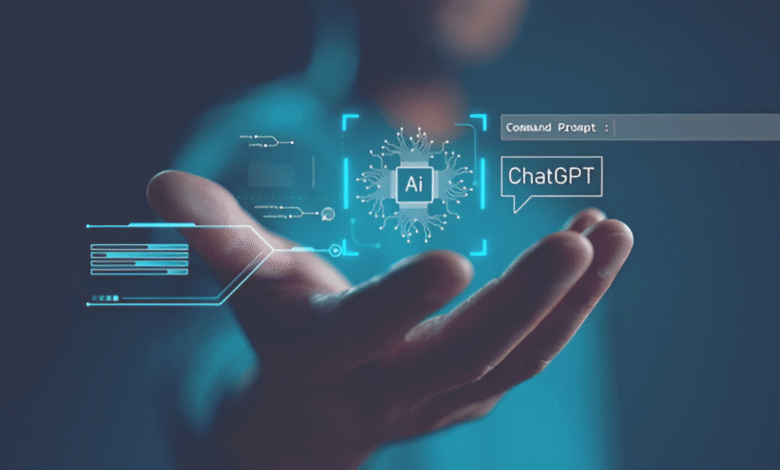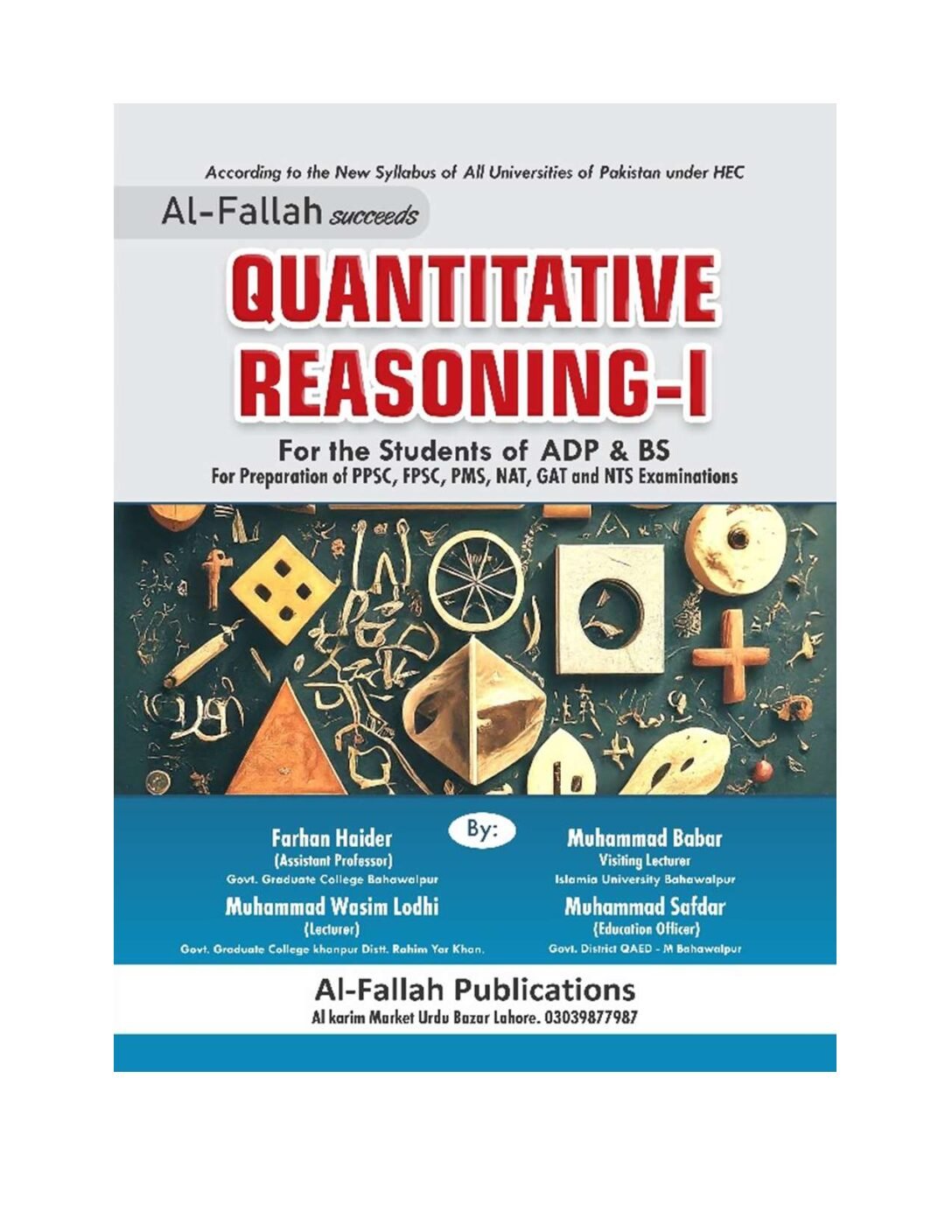How Artificial intelligence Is Revolutionizing the EdTech Industry
AI in EdTech is transforming education with personalized learnin and automated grading. Discover artificial intelligence revolutionizes classrooms.

Artificial intelligence in EdTech is transforming education at an unprecedented pace, reshaping how students learn and educators teach. By leveraging advanced technologies like machine learning, natural language processing (NLP), and predictive analytics, AI is making learning more personalized, efficient, and accessible. From intelligent tutoring systems to automated grading, AI-powered solutions are enhancing engagement, reducing administrative burdens, and bridging gaps in education. As the EdTech industry continues to evolve, AI stands at the forefront of this digital revolution, offering innovative ways to improve learning outcomes worldwide.
The integration of AI in education goes beyond automation it creates adaptive learning environments tailored to individual needs. Whether through AI-driven chatbots, virtual reality simulations, or data-driven insights, educators can now deliver customized instruction at scale. This shift not only benefits students but also empowers teachers with real-time analytics and tools to optimize their teaching strategies. As we explore the impact of AI in EdTech, it becomes clear that this technology is not just a trend but a fundamental change in how education is delivered and experienced.
How AI Is Revolutionizing the EdTech Industry
Personalized Learning Experiences
One of the most significant contributions of Artificial intelligence in EdTech is the ability to deliver personalized learning. Traditional classrooms often follow a one-size-fits-all approach, which may not cater to every student’s needs. AI-powered platforms analyze individual learning patterns, strengths, and weaknesses to create customized lesson plans. For example, adaptive learning technologies use machine learning algorithms to adjust content difficulty in real-time based on student performance. Tools like Knewton and DreamBox provide tailored recommendations, ensuring students grasp concepts before moving forward. This level of personalization enhances engagement and improves retention rates.
Intelligent Tutoring Systems
Intelligent tutoring systems (ITS) are another groundbreaking innovation in AI-driven EdTech. These systems simulate one-on-one tutoring by providing instant feedback, explanations, and additional resources. Unlike human tutors, AI tutors are available 24/7, making learning more flexible. Platforms like Carnegie Learning and Squirrel AI use NLP and deep learning to understand student queries and deliver accurate responses. These systems can identify knowledge gaps and suggest targeted exercises, helping students master subjects at their own pace.
Automated Grading and Feedback
Grading assignments and providing feedback is time-consuming for educators. AI-powered grading systems streamline this process by evaluating written responses, quizzes, and even coding assignments. Tools like Gradescope and Turnitin use AI algorithms to assess work efficiently while maintaining accuracy. Beyond grading, AI provides personalized feedback, highlighting areas for improvement. This not only reduces teacher workload but also ensures students receive timely, constructive critiques to enhance their learning.
Enhanced Student Engagement with AI Chatbots
Artificial intelligence chatbots are transforming student support and engagement. Virtual assistants like IBM Watson Assistant and Duolingo’s chatbots answer student queries, provide study reminders, and even offer motivational tips. These chatbots use NLP to understand and respond naturally, making interactions seamless. By handling routine questions, chatbots free up educators to focus on more complex tasks. They also improve accessibility, offering instant help to students outside classroom hours.
Predictive Analytics for Early Intervention
Predictive analytics in EdTech helps identify at-risk students before they fall behind. AI analyzes data such as attendance, participation, and assessment scores to predict potential struggles. Institutions can then intervene with additional support, improving retention rates. Platforms like Civitas Learning and BrightBytes use AI-driven insights to recommend interventions, ensuring no student is left behind. This proactive approach enhances academic success and reduces dropout rates.
Language Learning and Translation Tools
Artificial intelligence is breaking language barriers in education. AI-powered language learning apps like Duolingo and Babbel use speech recognition and NLP to help users master new languages. Additionally, real-time translation tools like Google Translate enable students to access content in their native languages. These innovations make education more inclusive, especially for non-native speakers. AI-driven language tools also assist educators in creating multilingual learning materials.
Virtual and Augmented Reality in Education
The combination of Artificial intelligence with Virtual Reality and AR is creating immersive learning experiences. Platforms like Labster and zSpace use AI algorithms to simulate science experiments, historical events, and complex concepts in a virtual environment. Such interactive experiences improve comprehension and retention. AI enhances these simulations by adapting scenarios based on student interactions, making learning more dynamic.
Streamlining Administrative Tasks
Artificial intelligence is also optimizing administrative processes in education. From admissions to scheduling, AI-powered systems automate repetitive tasks, reducing human error. Chatbots handle enrollment queries, while AI-driven analytics optimize class timetables. This efficiency allows institutions to allocate resources better and focus on improving educational quality.
Ethical Considerations and Challenges
Despite its benefits, AI in EdTech raises ethical concerns. Data privacy, algorithmic bias, and over-reliance on technology are critical issues. Ensuring transparency in AI algorithms and maintaining human oversight is essential to address these challenges. Policymakers and educators must collaborate to establish guidelines that promote responsible AI adoption in education.
The Future of Artificial intelligence in EdTech
Hyper-Personalized Learning Through Advanced AI
Artificial intelligence will enable ultra-customized education by analyzing real-time student data from learning pace to emotional responses. Adaptive platforms will automatically adjust content difficulty, teaching styles, and even motivational cues. This shift will make one-size-fits-all education obsolete, replacing it with truly individualized learning experiences.
AI-Powered Virtual Tutors
Next-gen AI tutors will mimic human educators with near-perfect accuracy, offering instant explanations and feedback. These systems will use multimodal AI (voice, text, gesture recognition) to make interactions more natural. Students worldwide will access personalized tutoring anytime, reducing reliance on physical classrooms.
Emotion-Sensing AI for Enhanced Engagement
Future EdTech tools will integrate affective computing to detect frustration, boredom, or confusion in real time. Artificial intelligence will respond by altering lesson delivery, offering breaks, or suggesting alternative resources. This emotion-aware learning could drastically reduce dropout rates and improve retention.
Immersive Education via AI-Driven VR/AR
AI will supercharge virtual labs, historical simulations, and STEM experiments with dynamic, responsive environments. Machine learning will tailor scenarios based on student progress, creating adaptive virtual classrooms. This fusion of AI + XR will make experiential learning accessible globally.
Automated Content Creation
Generative Artificial intelligence will revolutionize lesson planning by instantly producing customized worksheets, quizzes, and study guides. Teachers will input learning objectives, and AI will generate standards-aligned materials in seconds freeing educators to focus on mentorship over paperwork.
Predictive Analytics for Early Intervention Systems
Advanced Artificial intelligence forecasting models will identify at-risk students weeks before struggles become apparent. Institutions will receive alerts to deploy targeted support, from tutoring to counseling. This proactive education model could transform academic success rates worldwide.
Read More: 10 Groundbreaking EdTech Tools Shaping the Future of Education
Conclusion
Artificial intelligence in EdTech has undeniably ushered in a new era of innovation, fundamentally transforming how education is delivered and experienced. From personalized learning pathways to intelligent tutoring systems, AI-powered solutions are making education more adaptive, engaging, and accessible to learners worldwide. By automating administrative tasks and providing data-driven insights, AI also empowers educators to focus on what truly matters inspiring and guiding students. As these technologies continue to evolve, they promise to bridge educational gaps, enhance learning outcomes, and create more inclusive classrooms.
The future of AI in EdTech holds immense potential, with emerging advancements like emotion recognition, immersive VR learning, and AI-guided career counseling set to further revolutionize the sector. However, responsible implementation remains crucial to address challenges like data privacy and algorithmic bias. By striking the right balance between innovation and ethical considerations, the education sector can fully harness the power of AI to build a smarter, more equitable learning ecosystem for generations to come.
FAQs
How is AI used in personalized learning?
AI analyzes student performance data to create customized lesson plans, adjusting content difficulty in real-time for optimal learning.
Can AI replace teachers in the future?
No, AI complements teachers by automating administrative tasks and providing insights, allowing educators to focus on mentoring and complex instruction.
What are the risks of AI in EdTech?
Key risks include data privacy concerns, algorithmic bias, and over-dependence on technology, requiring strict regulations and human oversight.
How does Artificial intelligence improve student engagement?
Artificial intelligence chatbots, gamified learning, and interactive simulations keep students motivated by providing instant feedback and immersive experiences.
What is the future of Artificial intelligence in education?
The future includes emotion-aware Artificial intelligence, blockchain-based certifications, and advanced career guidance systems, making education more adaptive and inclusive.











